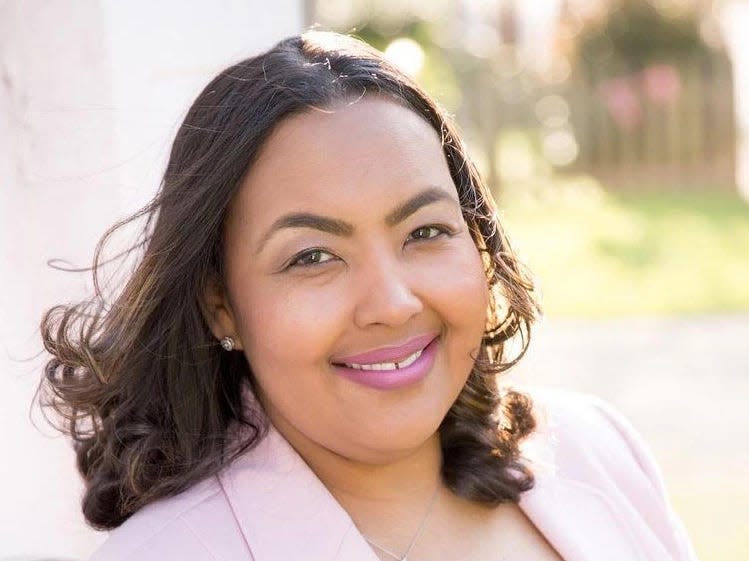Black woman Diagnosed With Breast Cancer Speaks Out About Toxic Chemicals In Beauty Products
Many products marketed to Black women contain chemicals that may be linked to cancer.


Photo Courtesy Of Bench To Community
Black woman diagnosed with breast cancer at 38, Tiah Tomlin-Harris, has been speaking out about toxic chemicals in beauty products.
According to reports, Tomlin-Harris was diagnosed with breast cancer at age 38 without any family history of the disease. After receiving her diagnosis, she asked a social worker at the hospital what she could do to prevent her cancer from returning after remission. She reportedly mentioned that she read about chemicals in beauty products being linked to cancer risk when asking, but the social worker refused to engage with her. Instead, the worker just told her to continue using products she wanted because lifestyle changes wouldn’t help. However, Harris decided to continue doing her own research.
In 2019 Harris joined a research initiative in California called Bench To Community to ensure other Black women received better information on toxins in beauty products than she did. Bench To Community is reportedly researching how chemicals in beauty products affect Black women and is sharing new information as it arrives.
“There are beauty supply stores everywhere in our community, on every corner. Beauty supply stores have harmful chemicals in them,” Tomlin-Harris told Insider. “So how do we get this messaging out into the community?”
Researchers at private medical center City of Hope recently discovered
that parabens uniquely increase the growth of breast cancer cells in Black women compared to white women. Parabens are preservatives found in many beauty products which may be linked to cancer.Since Black women spend more than any other demographics on beauty and hair products, many products marketed to them contain parabens and another chemical that may be linked to cancer: phthalates. Phthalates are found in nail polish and hairspray.
Unfortunately, however, there has been lack of research of cancer-causing chemicals in beauty products, Dede Teteh, a behavioral scientist and assistant professor of public health at Chapman University said. On top of that, she added, many studies mainly use white participants.
Teteh also noted that while she is passionate about Bench To Community’s mission, community conversations can sometimes feel disheartening for Black women.
“If the message that I can get across to other Black women that are reading this article, it would simply just be: ‘I get it. I know you’re tired,'” she said. “It’s shitty that we have to live in a society that does not protect us…But at the same time, if we continue to show up as ourselves and we are comfortable in our skin, I think that’s good enough.”